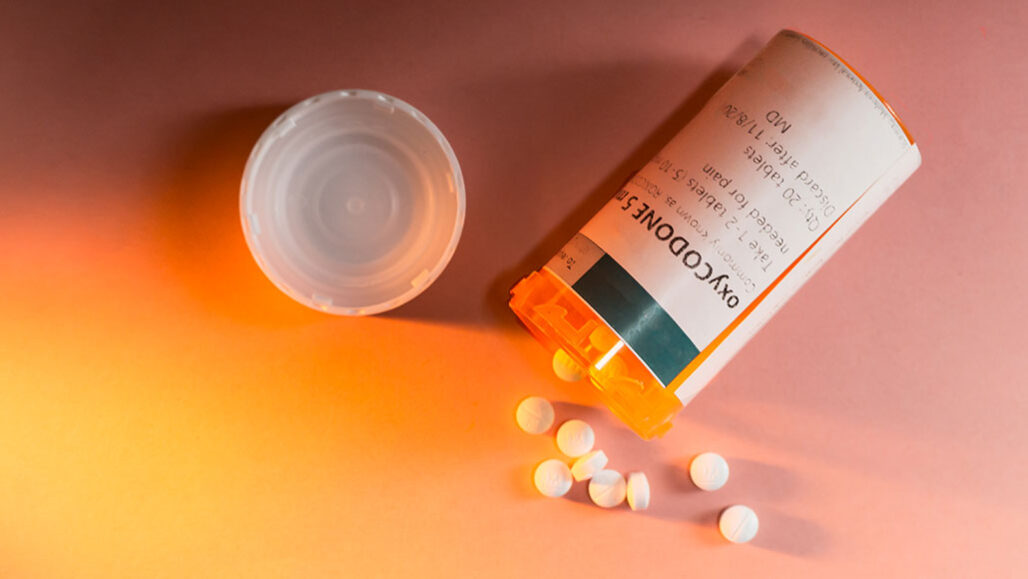addicted: Unable to control the use of a habit-forming drug or to forego an unhealthy habit (such as video game playing or phone texting). It results from an illness triggered by brain changes that occur after using some drugs or engaging in some extremely pleasurable activities. People with an addiction will feel a compelling need to engage in some behavior, such as using a drug (which can be alcohol, the nicotine in tobacco, a prescription drug or an illegal chemical such as cocaine or heroin) — even when the user knows that doing so risks severe health or legal consequences.
addictive: An adjective to describe something that become habit-forming in an uncontrolled or unhealthy way. This can include a drug or some habit (such as video game playing or phone texting). Such addictions reflect an illness triggered by brain changes that occur after using some drugs or engaging in some extremely pleasurable activities. People with an addiction will feel a compelling need to use a drug (which can be alcohol, the nicotine in tobacco, a prescription drug or an illegal chemical such as cocaine or heroin), even when the user knows that doing so risks severe health or legal consequences.
cocaine: A drug that is powerfully addictive. As a neural stimulant, it makes people’s hearts beat faster and gives them more energy focus. People can smoke, snort or inject cocaine. It is derived from the leaves of a coca plant.
euphoria: A sense of great joy, excitement, self-confidence and/or intense well-being.
heroin: A highly addictive and illegal drug derived from morphine, a potent pain killer. People often take heroin as a narcotic — something that dulls the senses, relieves pain and makes them sleepy or unmotivated to do anything other than lay in a slump.
narcotic: A drug (such morphine) or some natural compound that may be prescribed to dull the senses — especially pain — or cause a relaxation to induce deep sleep. Overdoses of these agents may lead to coma, convulsions and death.
opioid: Drugs or natural substances that act on receptors (cell molecules) that can block pain signals from traveling along nerves. It can also cause euphoria, intense, pleasurable feelings of well-being. Opioids take their name from opium, a strong painkiller, which was first made from poppies, a types of flower.
overdose: To eat or drink more than the recommended amount of something that may be toxic, such as alcohol or medicines.








